#AfricaDay2019: Celebrating Groundbreaking Innovations From The Continent That Changed The World

Africa Day Is Here Again!
It’s that day of the year again when the African continent is put into focus not for the shortcomings that mar the present (something that has been made into a scarcely deserved epithet given that challenges abound in all parts of the globe), but for the well-meaning efforts of the past that have brought us to where we are.
For the better parts of the last five decades, Africa Day has been commemorated on May 25 every year and during all that time, the continent has witnessed significant growth in virtually all spheres. Of course, there’s still a long way to go, but it’s undeniable that lots of ground has been covered.
And maybe it wouldn’t hurt to, for once, give some rest to all the grumblings about all the things that are yet to be done and take stock of some of the points that have been scored.
And We Are Getting There…
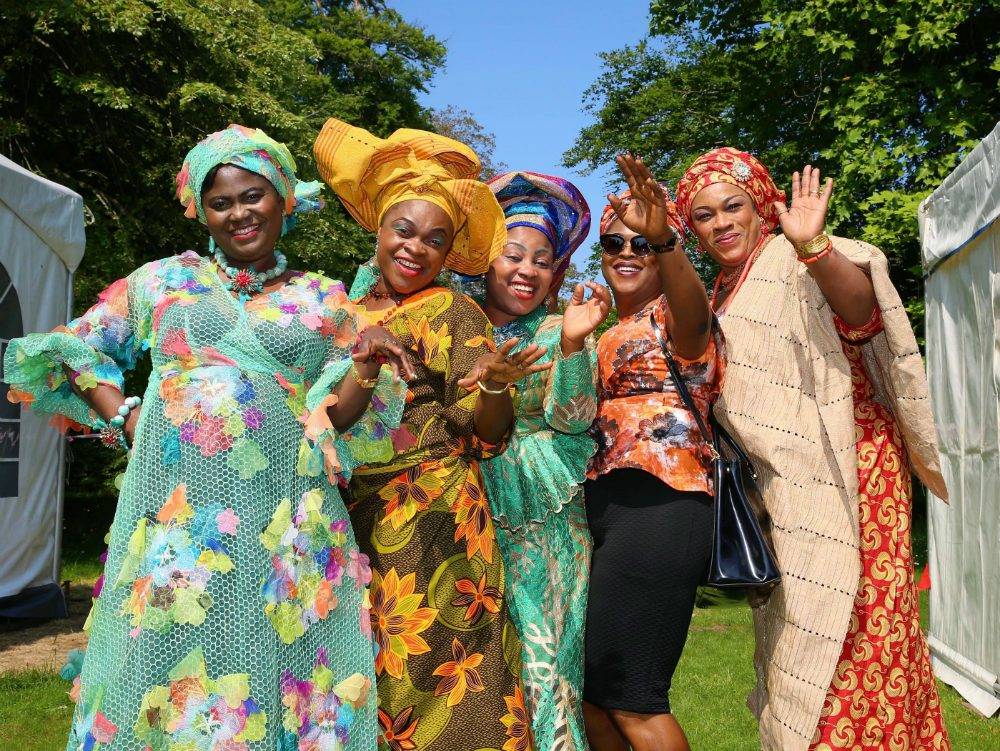
Africa may, indeed, be a developing continent but it is very little or no justification for the epithet that associates it entirely with the hunger, poverty, squalor, and violence that is so often depicted in a number of media circles.
The continent has come a long way from helplessly wallowing in privations and waiting on help to arrive in choppers and trucks laden with medical and food supplies. Although a lot is still left to be desired, good things have emerged, and are still emerging from Africa too. And it might do some good sometimes to reflect the continent in this light, as this can serve to rewrite the somewhat lopsided narrative.
The continent may not exactly be up there with the folks at Silicon Valley and San Francisco when it comes to technological innovations, but that takes nothing away from the fact that some fine work has actually been and is still being done here.
Groundbreaking efforts from the continent’s illustrious sons and daughters may not have caused as many ripples or garnered as much clout as is often the case with offerings from parts of the western world, but it would be a mistake to associate the relative silence with ineptitude.
Suffice it to say that at various points in history, a number of innovations that disrupted the landscape and became subjects of global reckoning had Africans holding the credit for their creation.
Africa: The New Frontier
Inventive efforts from Africans are known to have helped improve the lives of individuals in various parts of the world, as well as alleviate suffering in very critical conditions.
And it is all the more interesting that some of the innovations have been birthed in spite of the odds stacked against the creators in the form of the dearth of funds, inadequate infrastructure, unfavorable investor posture, as well as the difficulties associated with finding the requisite skilled manpower.
Regardless, Africans, past and present, have proved their mettle and demonstrated resourcefulness despite the less-than-enabling environment. A number of Africans have more than held their own as creative thinkers and innovators who are quite adept at developing novel technologies to transform societies.
And today, we celebrate some of these timeless and evergreen innovations that have gone on to command global reckoning and demand. Now, here are some world-renowned technological innovations that were conceived by Africans and have gone on to change the world.
- CT Scan (Allan McLeod Cormack, South Africa)
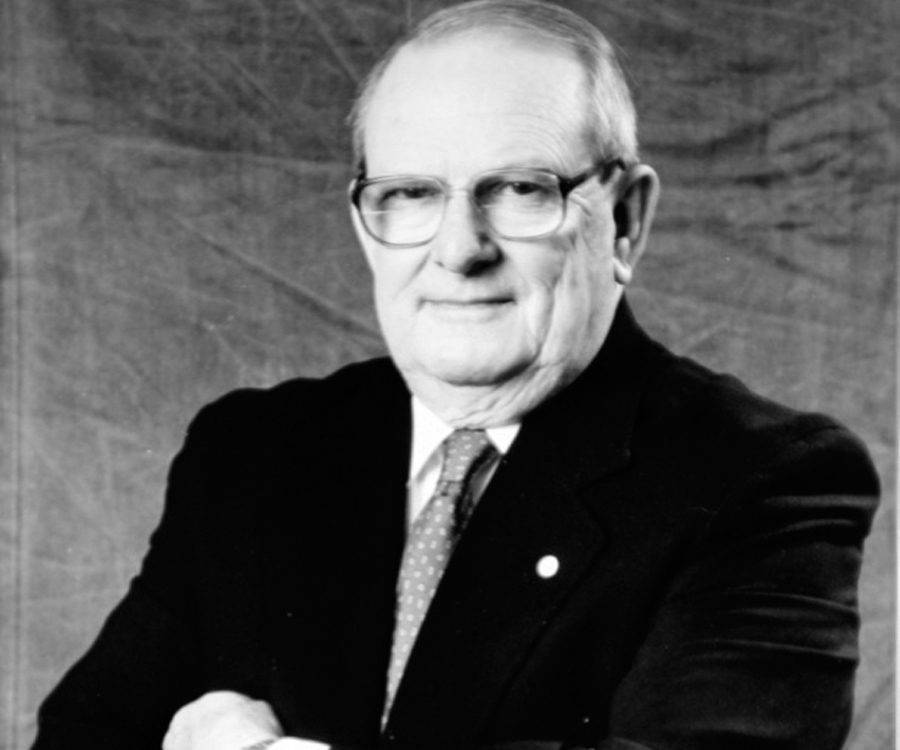
You may not know this, but this widely-used medical device actually has African roots. South African Nobel Prize Winner, Allan McLeod Cormack, is credited with the invention of the Computed Tomography Scanner which sees most of its use in the medical line. The South African physicist created the invention decades before it was later developed and patented in the UK.
The CT Scan basically makes it possible for healthcare professionals to get visuals on the “insides” of patients. This visual examination of internal body parts which is made possible by the CT scan allows doctors to identify affected organs. The device is frequently called upon in the examination of such areas as the brain, neck, chest, spine, pelvis, abdomen, and even sinuses. For his ingenuous efforts, Allan received some reward when his innovation earned him a Nobel Prize in 1979.
- Computer Technology (Philip Emeagwali, Nigeria)
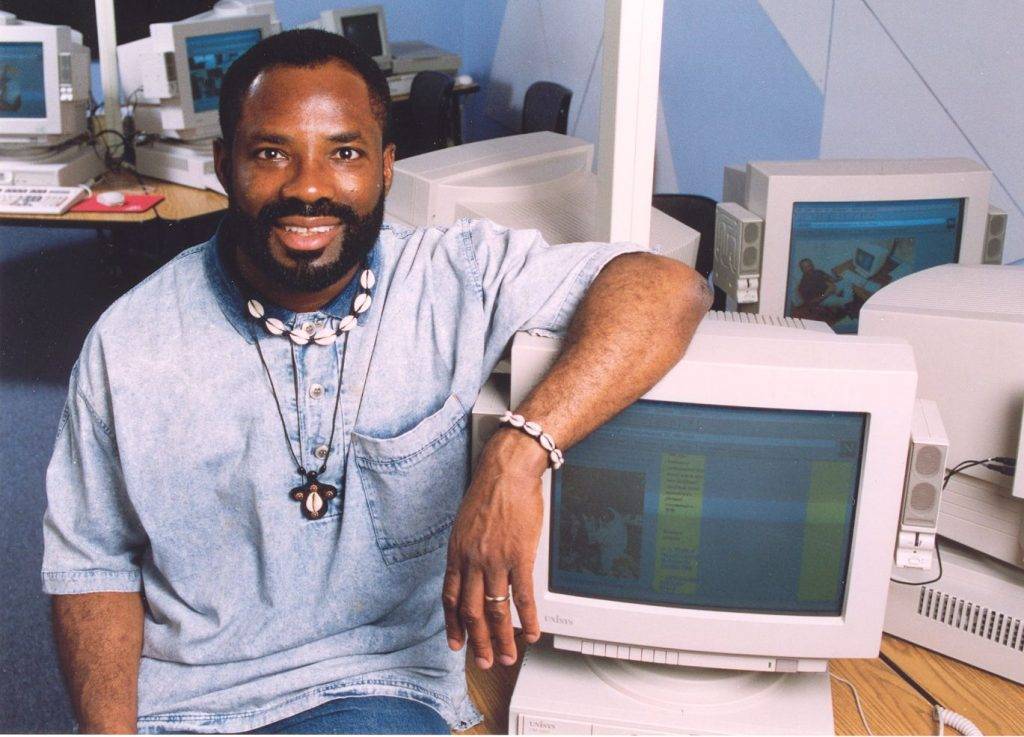
Philip Emeagwali is a Nigerian computer scientist who is well-known for his contributions to the development of super-fast, modern-day computers. Emeagwali was born in Akure, Nigeria on 23 August 1954. His early schooling was suspended in 1967 as a result of the Nigerian Civil War. At 13 years, he served in the Biafran army. After the war, he completed high-school equivalence through self-study.
Then, he moved abroad for further studies, obtaining various degrees from the University of London, Oregon State University, and George Washington University, University of Maryland, among others.
Emeagwali received the 1989 Gordon Bell Prize for an application of the CM-2 massively-parallel computer. He was recognised for developing high-performance computing applications, in an oil reservoir modeling calculation using a novel mathematical formulation and implementation.
The application used computational fluid dynamics for oil-reservoir modeling. Emeagwali’s simulation was the first program to apply a pseudo-time approach to reservoir modeling.
- Heart Transplant (Dr. Chris Barnard, South Africa)
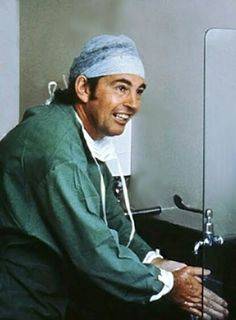
The world’s first heart transplant was performed by Dr. Chris Barnard in Cape Town on 3 December 1967. The patient Louis Washkansky was battling heart failure at the time and Dr. Barnard took the chance to operate him. After that, Barnard became an international celebrity. He went on to perform more than 10 other heart transplants, with one of the recipients surviving a further 23 years.
- Chronic Traumatic Encephalopathy (Bennet Ifeakandu Omalu, Nigeria)
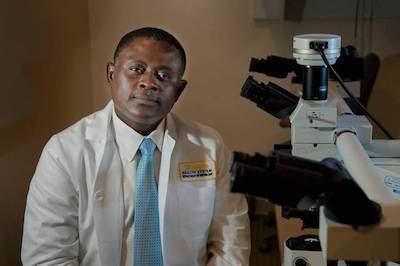
Bennet Ifeakandu Omalu (born September 1968) is a Nigerian physician, forensic pathologist, and neuropathologist who was the first to discover and publish findings of chronic traumatic encephalopathy (CTE) in American football players while working at the Allegheny County coroner’s office in Pittsburgh.
He later became the chief medical examiner for San Joaquin County, California, and is a professor at the University of California, Davis, department of medical pathology and laboratory medicine.
Omalu was born in Nnokwa, Idemili South, Anambra in southeastern Nigeria, the sixth of seven siblings. He was born during the Nigerian Civil War, which caused his family to flee from their home in the predominantly Igbo-speaking village of Enugu-Ukwu in southeastern Nigeria.
He attended medical school starting at age 16 at the University of Nigeria, Nsukka. After graduation with a bachelor of medicine and bachelor of surgery (MBBS) in June 1990, he completed a clinical internship, followed by three years of service work doctoring in the highland city of Jos.
He was later awarded a scholarship which saw him move to the United States. Omalu first came to Seattle, Washington, in 1994 to complete an epidemiology fellowship at the University of Washington.
In 1995, he left Seattle for New York City, where he joined Columbia University’s Harlem Hospital Center for a residency training program in anatomic and clinical pathology. His efforts eventually saw him discover the condition in some NFL players after a series of studies.